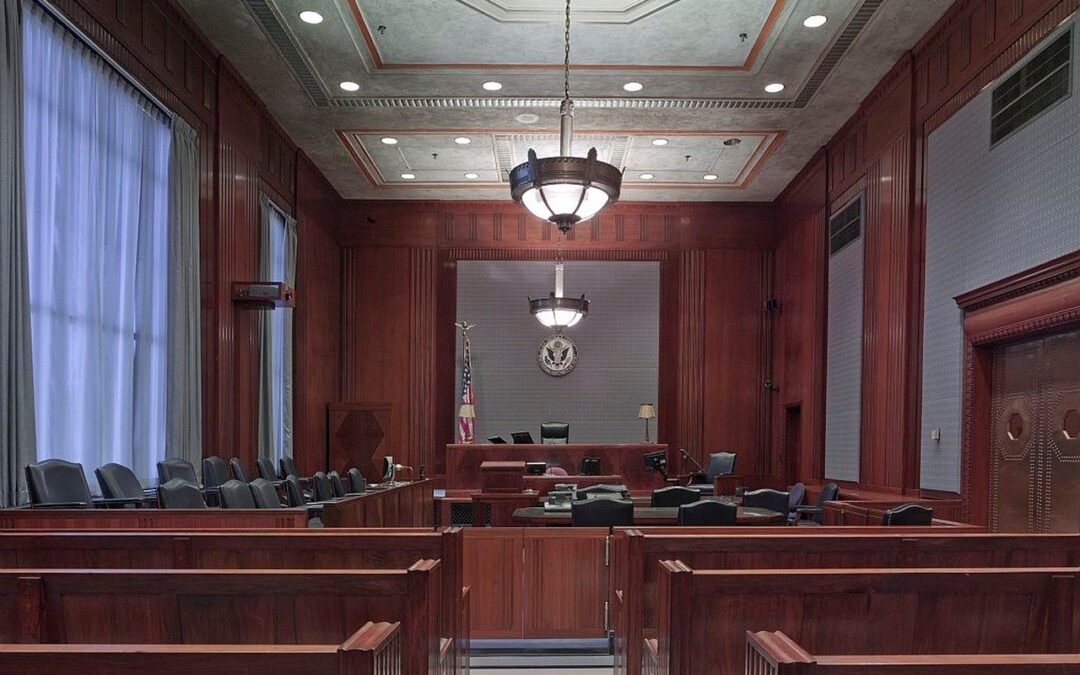The Court of Appeals of Kansas recently clarified a statute regarding the recovery of costs and attorney fees in probate cases. KSA 59-1504 allows a person named in a will or codicil to recover the costs of probating the will, even if unsuccessful, as long as it was done in good faith.[1]
In Matter of Estate of Field, a wealthy decedent’s longtime caregiver attempted to probate a purported codicil that would have given her half of his estate, valued at roughly $20 million. The effort was unsuccessful, but the district court awarded the caregiver approximately one million dollars from the estate to cover her attorney fees. In reversing the district judge’s award of fees, the appellate court exhaustively (and entertainingly) detailed the caregiver’s lack of good faith.
The court found ample evidence to support the following:
- That the caregiver had a history of taking others’ money, including the decedent’s;
- That the decedent, Earl O. Field, was highly tax-averse, and would never have wanted his estate to be subject to the estate tax;
- That the typewriter used for the purported codicil was not the same one owned and used by the decedent;
- That the ribbon on the typewriter used to type the codicil was changed, indicating that the witness signature lines were added later to comply with statutory formalities of will execution;
- That the decedent’s signature was likely traced instead
- That the “witnesses” to the purported codicil were in constant contact with the caregiver until their death, by murder-suicide, as soon as they learned they were under FBI investigation;
- That the purported codicil conflicted with dozens of witness accounts of what Mr. Field told them he planned to do with his assets, which was to give them to Fort Hays State University.
Ultimately, the avalanche of evidence and testimony against her doomed the caregiver, costing her and FHSU millions of dollars in wasted time and legal fees; fees that could have been avoided if Mr. Field had done a bit more due diligence into the hiring of the caregiver. One thing Mr. Field did to help foil her plan was to vocalize his intentions before his death. The appellate court specifically recounted the testimony of ten witnesses as to Mr. Field’s estate plans.
The caregiver’s jury trial for federal mail fraud is currently scheduled for February 19, 2019.
[1] 59-1504. Compensation and expenses. Whenever a decedent by will makes a provision for the compensation of his or her executor, that shall be taken as such executor’s full compensation, unless the executor files a written instrument, renouncing all claim to the compensation provided for in the will. Whenever any person named in a will or codicil defends it, or prosecutes any proceedings in good faith and with just cause, for the purpose of having it admitted to probate, whether successful or not, or if any person successfully opposes the probate of any will or codicil, such person shall be allowed out of the estate his or her necessary expenses and disbursements in such proceedings, together with such compensation for such person’s services and those of his or her attorneys as shall be just and proper.
Any heir at law or beneficiary under a will who, in good faith and for good cause, successfully prosecutes or defends any other action for the benefit of the ultimate recipients of the estate may be allowed his or her necessary expenses, in the discretion of the court, including a reasonable attorney’s fee.
If you’d like to speak to one of our estate planning attorneys, send us a message through the form below or call our firm at 816-561-5000 to schedule a consultation.
*This post was originally published on August 14, 2018
Send a Message
By entering information in this website form, you are not creating an attorney client relationship and confidentiality cannot be guaranteed. Please keep your message brief and general to avoid releasing any private information.

